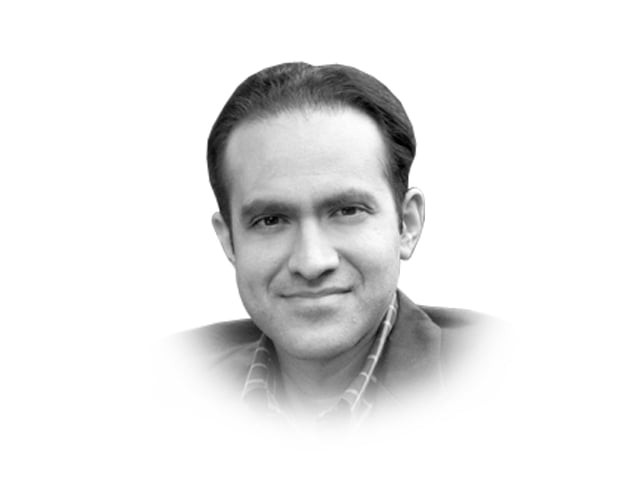Who is a liberal Pakistani?
Democracy goes hand-in-hand with liberal ideals since it allows us to reconcile individual choice, collective action.

Since definitions are often coveted by Pakistani readers, the one offered by Merriam-Webster’s dictionary is perhaps the most comprehensive: “A political philosophy based on belief in progress, the essential goodness of the humans, and the autonomy of the individual.” So let us unpack this definition into its three key constituents:
a) Willingness to change human behaviour and tradition is the first test. By this measure, liberalism requires us to question entrenched traditions regardless of who may espouse them. In Pakistan, this can mean undertaking the difficult balance of respecting benign cultural attributes but questioning more malevolent ones, and also knowing what impact that challenge may have on wider actions of society.
b) A normative view in basic human propensity for good is the second test. Thus liberalism assumes that all humans have inherent opportunity for positive action. Therefore, a liberal would believe in the potential for redemption of even a vile criminal. In a Pakistani context, this would mean being willing to look at the core humanity of even those with whom we may vehemently disagree (particularly on theological matters).
c) The third and perhaps most important test of liberalism is respect for individual autonomy. Political interpretations of how to operationalise individual choice diverge. Some economic interpretations have taken this view to the extreme to allow market forces to operate with minimal intervention (neoliberalism). Whereas, egalitarian approaches to liberalism posit regulation to prevent entrenched power dynamics from preventing individual choice.
The social manifestations of all three attributes of liberalism in Pakistan need to be better understood and appreciated. The reason why democracy goes hand-in-hand with liberal ideals is that it allows us the most transparent way of reconciling individual choice and collective action. Thus, regulation of individual behavior can be undertaken based on a process that the majority of society can agree upon. But this process has a dark side. As Brookings scholar, Shadi Hamid, commented recently to me on his views regarding the Arab Spring: “Democracy is the right to make the wrong decision!”
Thus, following true liberal ideals may pave the way for the erosion of liberalism itself, as exemplified by what appears to be happening in Egypt. The only way out of this paradox is to enshrine clear structures in the political and legal systems that prevent irrational ‘mob rule’. Constitutions in liberal societies are supposed to play that role to some degree but they too must be malleable. In Pakistan, the Constitution has theological roots which are inherently contrary to the structure of a liberal society. The only way for moving forward with a ‘liberal’ agenda for Pakistan is then to either change the constitution and make it non-theological (highly unlikely to happen); or for the state to clearly promote a pluralistic and inclusive vision of Islam (which is still regrettably far from the mainstream). The second option still seems plausible but will require brave legislative decisions that depart from dominant orthodoxy of most Islamic sects. Perhaps, the closest example we see of such a vision is the rise of Tunisian Islamic pluralism under the leadership of scholar Rashid al-Ghannushi. But as with Tunisia, Pakistan will need to make the changes at the grass roots (education, family norms and local politics) to get systemic change.
All those who believe in the fundamental goals of liberalism in Pakistan will need to approach political change with clarity in their agenda. This will be a generational struggle but one which must be pursued with tenacity and courage.
Published in The Express Tribune, February 28th, 2012.















COMMENTS
Comments are moderated and generally will be posted if they are on-topic and not abusive.
For more information, please see our Comments FAQ